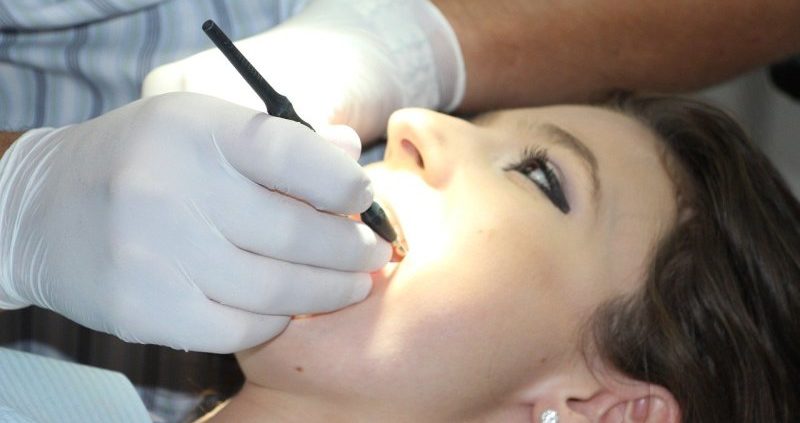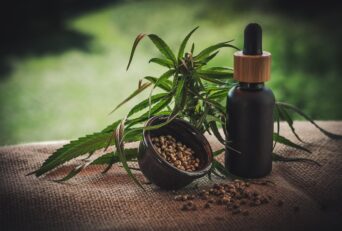The current coronavirus pandemic is affecting healthcare in many ways, with WHO doctors already warning that the failure to take care of other health matters that “can be as serious as COVID-19” is likely to have serious consequences. However, finding the right balance between seeking essential health services and postponing those that can withstand a few months’ waits can be difficult. The Centers for Medicare and Medicaid Services recently announced that all elective surgeries and non-essential surgical, medical, and dental procedures should be delayed during the outbreak. In specialties like dentistry, close contact is maintained between dentist and patient – a fact which can cause considerable anxiety for those being treated, as well as for dental staff.
Table of Contents
Preventing An Emergency With Ayurvedic Practices
Dental emergencies can include everything from a broken or cracked tooth or crown, right through to painful gingivitis. As stated by a Gresham emergency dentist currently dealing with urgent cases, you may not be able to avoid a broken tooth, but you can certainly ensure that you don’t need to visit your dentist immediately by keeping your gums in optimal condition. Doing so will not only help prevent gingivitis but also keep teeth from loosening. This in itself can decrease the risk of infections and abscesses – both of which are painful conditions that require emergency treatment. Ayurvedic approaches have been shown to be highly effective in many cases. Treatments include oil pulling (which can help prevent decay and gingivitis), tissue regeneration with the Rasayana herb, and the use of plants such as neem chewing sticks. Neem extract is another highly efficient anti-plaque treatment.
Dealing With An Emergency
It is important to define an emergency. An emergency encompasses any condition that causes pain or infection. The list would include excessively bleeding gums, swelling in the jaw, post-surgical complications, severe tooth pain, tooth fractures and abscesses. The replacement of fillings and cementing of crowns, as well as the adjustment of painful orthodontic apparatus, may also be considered an emergency. These merit a visit during COVID-19 because the consequences of ‘leaving things as they are’ could result in severe pain and, in the worst case, tooth loss. Prompt treatment such as a root canal, on the other hand, can result in your tooth being saved.
Safety Precautions Dental Centers Should Have
You may notice that most clinics are not offering routine, non-urgent dental care. However, most are offering emergency care via prior appointment. Your dentists should be following the guidance of the ADA and the CDC. These organizations stipulate the need for enhanced measures to keep patients and health workers safe. Always consult your dentist before asking for an appointment, as sometimes, you can take steps to reduce your discomfort without the need for a visit. For instance, in the case of a broken orthodontic wire, your orthodontists may be able to advise you regarding the appropriate way to fold the wire back and tuck it into a safe place where it will not harm your gums or mouth tissue.
As is the case with many health specialities, dental care is down during the COVID-19 pandemic. You should ideally prevent oral health issues, only calling your dentists if you experience an emergency. If you do have an appointment, you can inquire about preventive measures adopted at the clinic. These should include meticulous cleaning and the donning of prescribed protective equipment.






